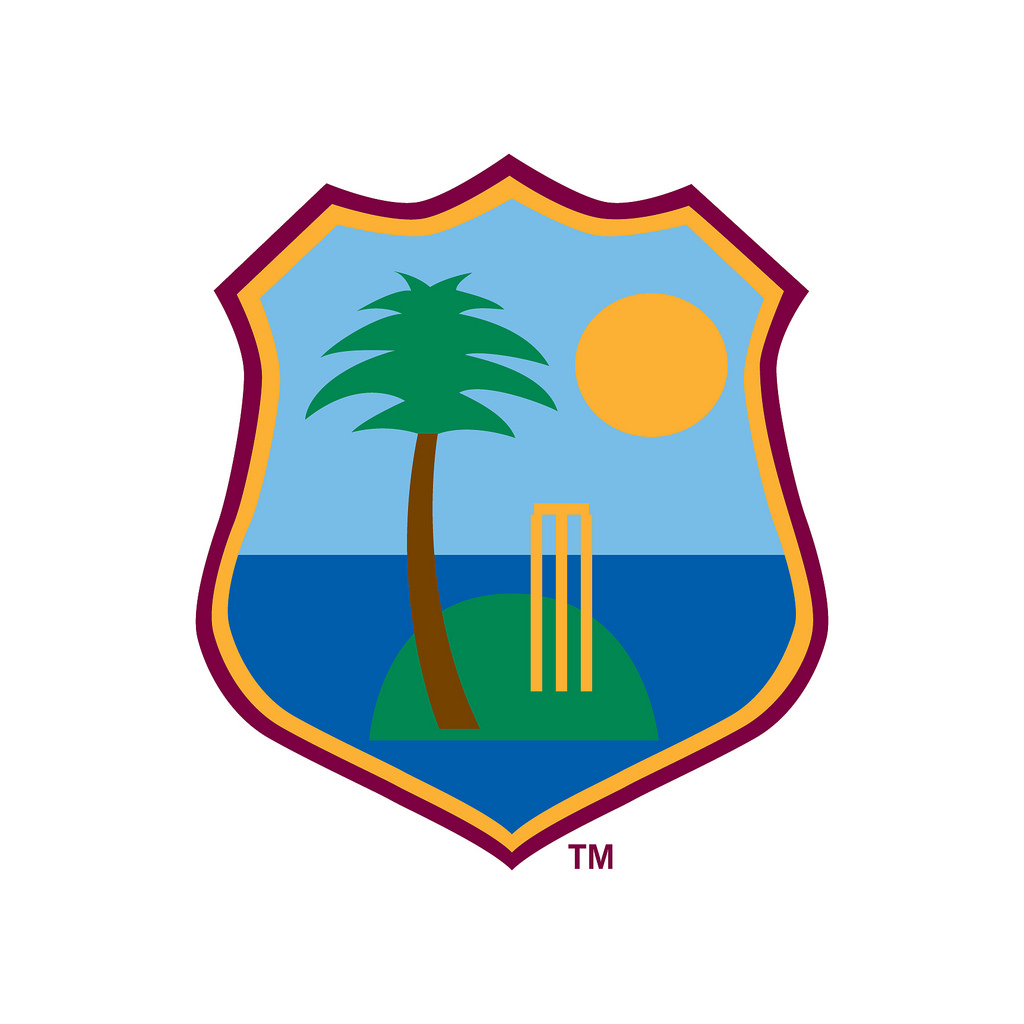The influx of various domestic Twenty20 tournaments raises an interesting opportunity for a player to significantly maximize his earnings.
WICB however, having invested in developing a player’s talent, is not able to realize a return on its investment if the player is not available to play in local tournaments, which would allow lesser experienced players the opportunity to face more experienced and skilled opposition, thereby improving on the standard and competitiveness of the domestic tournament.
In addition, the player is unavailable to mentor and develop younger players and to otherwise contribute to the overall growth of the game and its development infrastructure.
It has become a system that disadvantages nations like the West Indies which have traditionally developed players who are particularly skilled in the shortest format of the game. In the end, it compromises the standard of the WICB’s international team and that team’s performance internationally. The primacy of international cricket is threatened (Article 32A, ICC Regulations).
The Professional Cricket League (PCL) four-day and Super50 tournaments along with being able to offer contracts to 90 additional players in the first-class category are a direct benefit of this agreement. This also includes the Caribbean Premier League (CPL), the region’s domestic Twenty20 tournament.
The Board of Directors of WICB, has taken a policy decision on the issuance of NOCs, to which it has communicated its stance to all ICC Full Members’ CEOs and Presidents.
The WICB will levy a charge for the granting of an NOC for West Indian cricketers seeking a release to participate in Leagues outside the jurisdiction of the West Indies.
This will be an amount equivalent to 20 per cent of the player fee (as defined in the player contract) that is actually paid to the relevant player. All NOCs will be subject to West Indies international commitments and, in respect of centrally contracted players, official domestic cricket matches in the West Indies.
A portion of these funds derived from these release fees will also go back to the clubs and franchises/territories in recognition of the role they played in developing the player and as an incentive for them to continuously expose new cricket talent.
The WICB earlier this year distributed player production fees to all the territories/franchises and clubs from which players came from. Those payments were for players’ participation in the Indian Premier League (IPL) 2013 – 2015.
While we do not wish to act in restraint of trade, we must seek a balance to ensure that there is fair and adequate compensation for the investment made in the players. What WICB seeks is some compensation to recognize the investment made into players, an investment from which another Full Member is benefitting.
WICB understands that this policy decision may result in reciprocal agreements from other Full Member boards for obtaining NOCs for their players, but we view this approach as necessary to preserve the best interests of West Indies cricket at both domestic and international levels. It is our expectation too, that the accumulation of these fees will facilitate the offer of contracts to additional players.
The WICB is in the process of discussions with the various Full Members as to the other boards’ acceptance of that position. The dialogue is ongoing and we wait on official word.
In addition to India, Bangladesh has also agreed to the release fees. The practice is also used in other jurisdictions like England.
(Taken from windiescricket.com)


